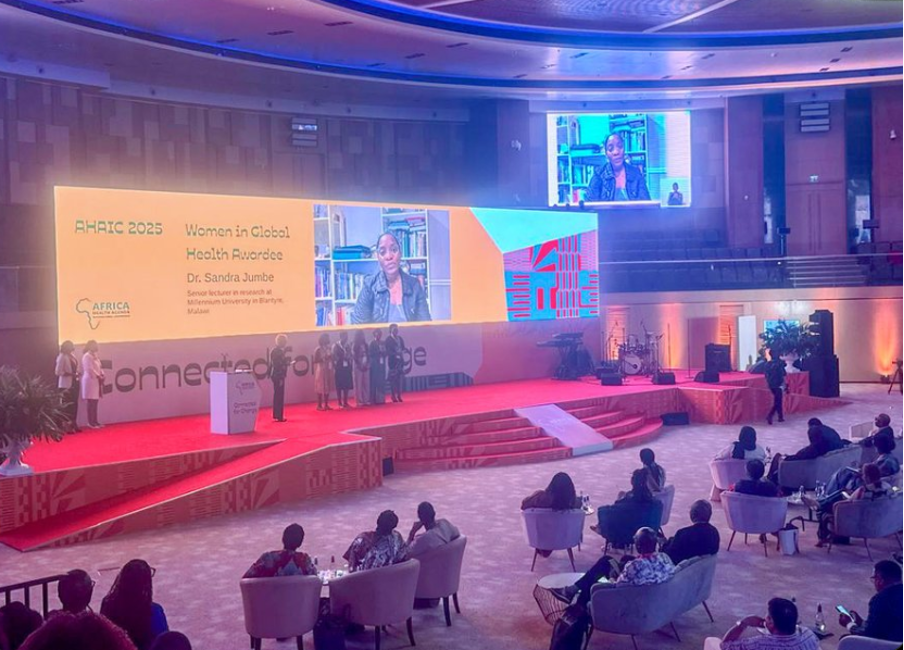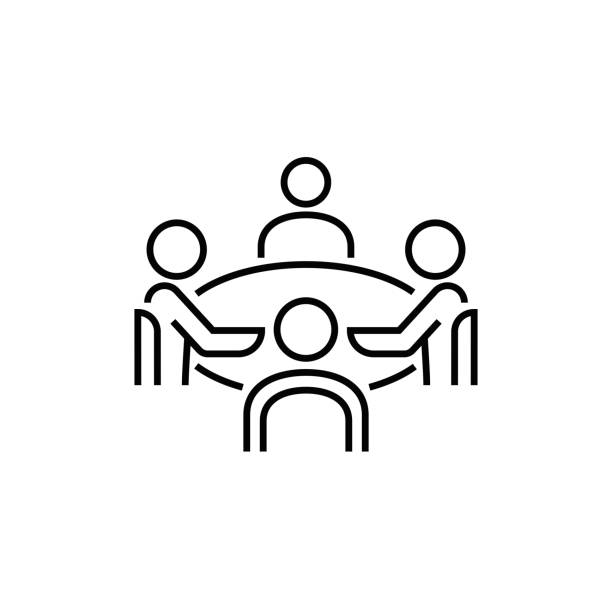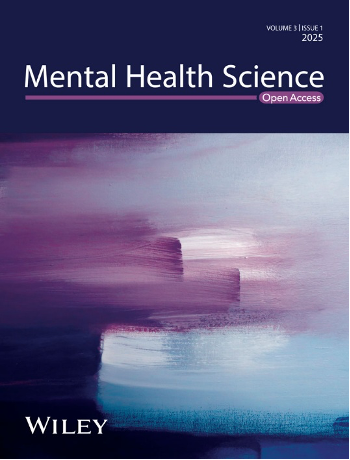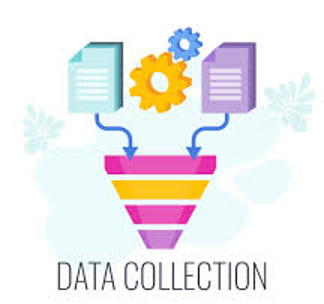AUGUST 2025
We've joined a magazine!
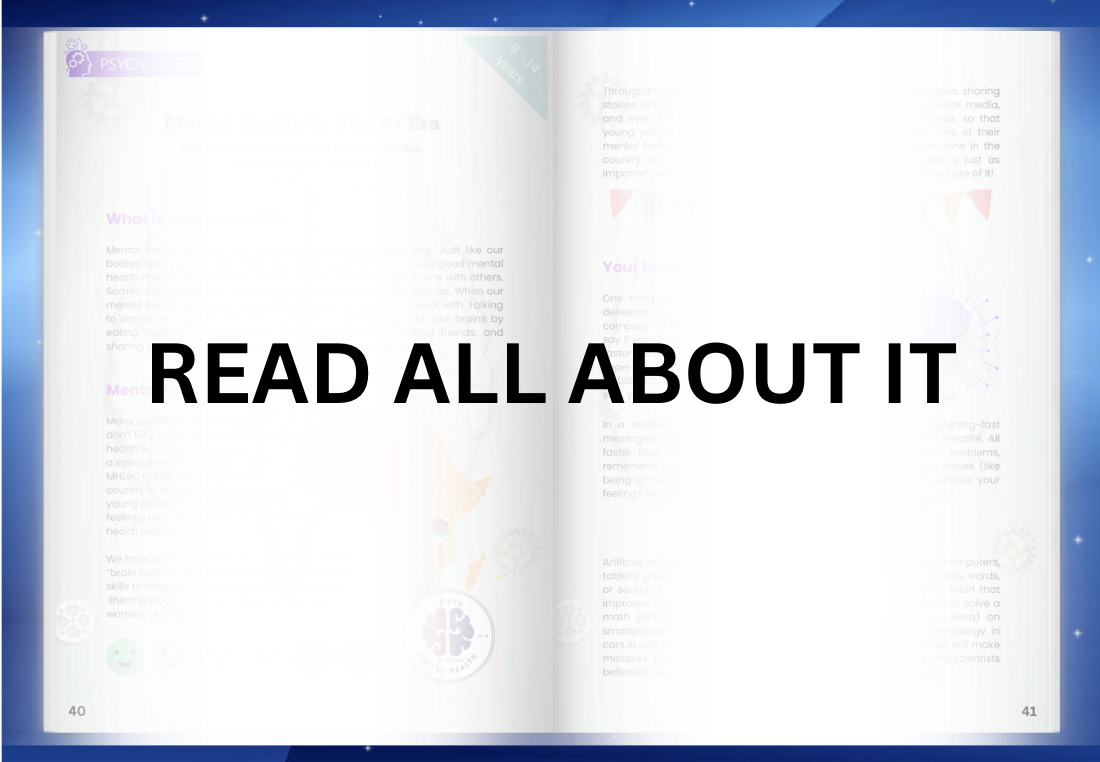
“Mental Health in the AI Era,” written by Dr. Sandra Jumbe and Chinsisi Makwero from the MHLeC Project, introduces STEM Dorado Science readers aged 6–14 to the basics of mental health and why it matters for their everyday lives in a way they can understand. The article compares the human brain to artificial intelligence, while helping the kids understand both the strengths of AI and the uniqueness of their own minds. It also shares simple, practical tips for looking after mental health, while highlighting how AI tools can support, but never ever replace, the care we get from people and communities. The aim is to make mental health literacy fun, accessible, and empowering for young readers - have a read(page 40).

